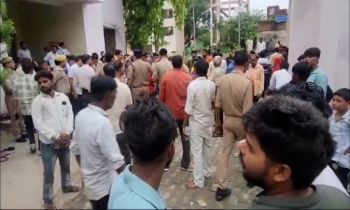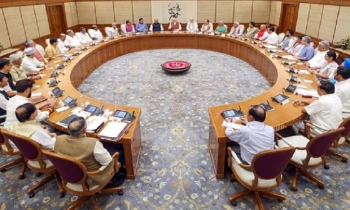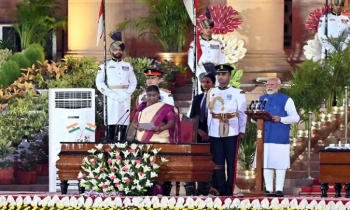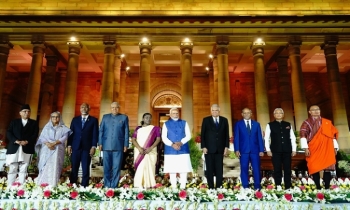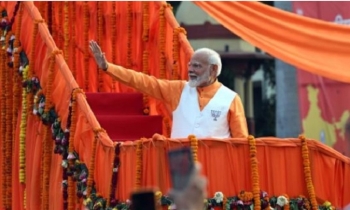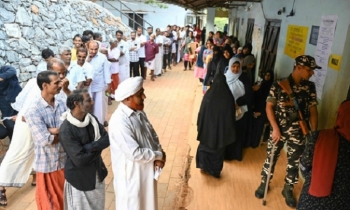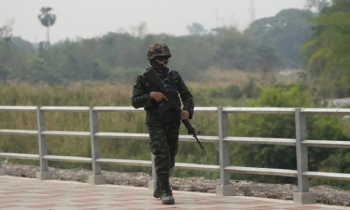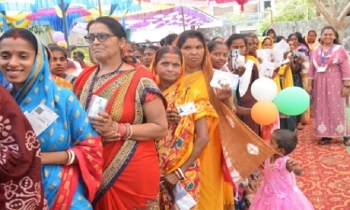Southeast Asian MPs urge Thailand not to tie up with Myanmar
BI Report || BusinessInsider
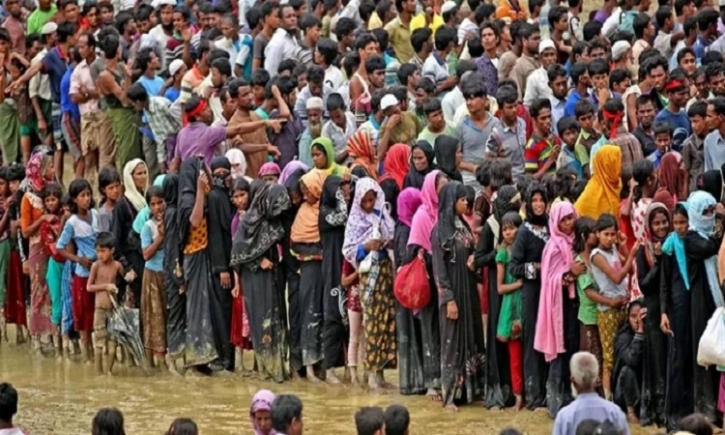
Photo: Collected
Parliamentarians from all Southeast Asian countries have urged the Thailand government not to tie up with the Myanmar junta, accusing it of continuing atrocities against its own people to hang on to power after the failed coup d’état in February 2021.
They also urged authorities of the Thailand government to help the Rohingya refugees who have taken shelter in a neighboring country following a military crackdown that has been described by the United Nations as ethnic cleansing in its Rakhine state.
UNB adds: The call to disengage the junta comes on Thursday after a meeting held between the top leaders of the Myanmar and Thai armed forces in Rakhine State, western Myanmar.
The Chief of the Royal Thai Armed Forces, General Chalermphon Srisawasdi, and Min Aung Hlaing met on 20 January with an aim to “further cementing mutual trust, mutual understanding and friendly ties between the two armed forces,” according to media controlled by the Myanmar junta.
As the high-level meeting was taking place, the Myanmar military was launching indiscriminate airstrikes in a village located in the Sagaing region, killing at least seven villagers and injuring over thirty.
On several occasions, stray shells landed in Thai territory when the Myanmar military was conducting aerial attacks in neighboring Karen and Karenni states.
“By engaging with the junta, the Thai military and government are turning into enablers of the crimes against humanity that it is perpetrating daily. No geopolitical interests can justify that. The junta has also shown utter disrespect to ASEAN, of which Thailand is also a member, by disregarding the Five Point Consensus it signed three months after the coup. No ASEAN member state should have ‘friendly ties’ with a military that has turned Myanmar into a center of instability which is threatening the whole region,” said Charles Santiago, former Member of Parliament in Malaysia, and Co-Chairperson of ASEAN Parliamentarians for Human Rights (APHR).
A five-point consensus was signed by the ASEAN member states and the Myanmar junta in April 2021 to put an end to the violence, seek a negotiated solution to the conflict and address the humanitarian crisis.
As APHR has repeatedly stated, Min Aung Hlaing has not shown any willingness to comply with its terms from the beginning.
The report of the International Parliamentary Inquiry into the global response to the crisis in Myanmar (IPI), organized by APHR, urged ASEAN to abandon the Five Point Consensus in its present form, as it has failed.
“As we demanded in our IPI report, ASEAN should engage the National Unity Government (NUG) of Myanmar, as the legitimate authority of the country, re-negotiate a new consensus with it and align ethnic organizations. ASEAN decided early on not to invite representatives of the junta to high-level meetings, and countries like Malaysia and its current Chair, Indonesia, have shown a willingness to engage the NUG. By meeting Ming Aung Hlaing, Thailand is undermining those efforts and furthering divisions within the regional group,” said Santiago.
In this vein, Thailand hosted a meeting in December to discuss the crisis in Myanmar, attended by the foreign ministers of the Myanmar junta, Laos and Cambodia, as well as the deputy foreign minister of Vietnam. Significantly, Malaysia, the Philippines, Indonesia and Singapore did not attend.
Thailand and Myanmar share a border of over 2,400 kilometers, and the attacks by the junta have displaced hundreds of thousands.
Yet Thailand refuses to accept refugees fleeing the onslaught of the Myanmar military on the other side of the border, often pushing back those who cross it after a few days or even a few hours, as human rights organizations have often denounced in the last two years.
Asylum seekers from the neighboring country do not fare much better in Thailand, where they have no legal protection and live in constant fear of deportation.
“Thailand has a history of welcoming refugees from Laos, Cambodia or Vietnam since the 20th-century wars in Indochina. The government should open its borders to the refugees fleeing war in the Myanmar ethnic states along its borders, and provide legal protections to those who seek political asylum, including defectors from the Myanmar military. It should also facilitate cross-border aid by local civil society organizations and international NGOs. Once again, on these issues the main interlocutors the Thai government should engage with in Myanmar are the NUG, aligned ethnic organizations, and the vibrant civil society, not a criminal military completely unable to solve the crisis it has created,” said Santiago.

